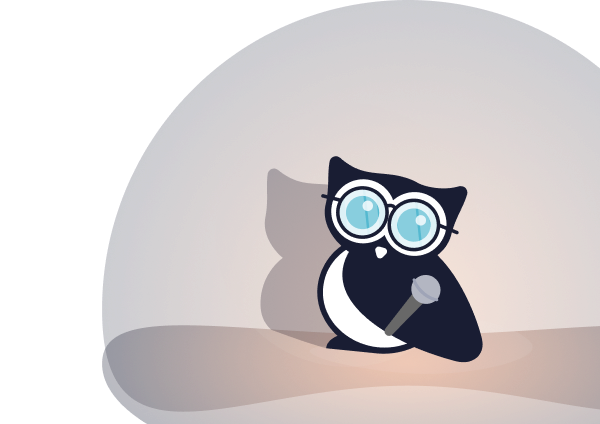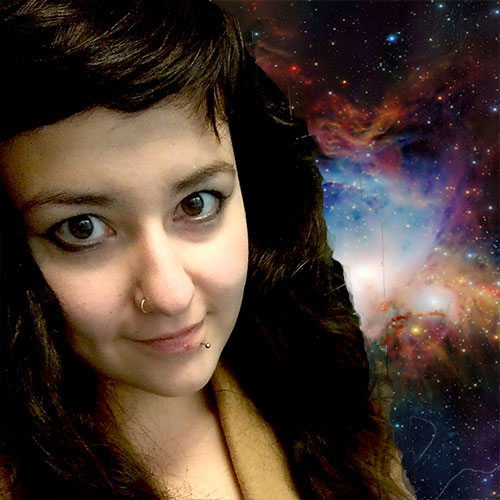
Write the Docs: Writing Documentation with Neurodivergent Open Source Contributors In Mind – Rin Oliver
By Catherine Heath on Writing docs from April 29, 2021
This Write the Docs Portland talk was given by Rin Oliver. Rin is a technical community builder at Kamundo. Rin is multiply neurodivergent – they are autistic, have dyspraxia, dyscalculia and ADD. They have been involved in open source software (OSS) since about 2015 in one way or another. They have been both a maintainer and contributor to documentation. They are an advocate for improving the OSS contributor experience for neurodivergent individuals, which is what this talk was about.
“Neurodiversity is the diversity of human minds, the infinite variation in neurocognitive functioning within our species” – Dr. Nick Walker
Why we need neurodivergent practices
First, Rin summarized reasons why we should focus on neurodivergence in our documentation.
If you don’t have equitable and accessible documentation best practices, you’re going to miss out on contributions from neurodivergent individuals.
But getting started with writing neurodivergent docs is not easy.
"Open source is hard to get into. As the 'hows' are not very clear, and neurodivergent people may not understand the process that easily" – Smashing Magazine
Although it's a challenge, there are specific things you can do to be neurodivergent in docs.
How to be neurodivergent in docs
Rin outlined some guidelines to follow when appealing to neurodivergent individuals with your documentation.
Invest in localization
Localization efforts are crucial to your success. If someone requests to translate your documentation, have a section in your contributor guide dedicated to localization efforts, how to get started, and best practices for docs localization teams.
Avoid jargon
Next, don’t use jargon that is specific to your company or product in your docs. If you can’t avoid jargon, have a glossary available with up-to-date definitions of terms you use. Surface it on your site and link to the glossary whenever a term is used that one may not be familiar with.
Use positive language
Use positive language that encourages users and contributors – don’t talk down to your users. This can include:
- Thanking people for their contributions
- Encouraging them when they submit code for review
- Being compassionate and understanding rather than nitpicking
Set clear expectations
Set clear expectations of what documentation pull requests should look like. Use templates for new pull requests and issues to make sure they adhere to your established style guide.
Have a Directly Responsible Individual
Have a Directly Responsible Individual (DRI) that people can approach if they have questions about the products or docs. Know who owns updating particular sections of documentation.
Use step-by-step instructions
Give environment setup or demo steps one at a time in the docs, so people can clearly say “I got stuck on step 7” rather than have to wade through a paragraph of instructions. Clearly state which sections of your documentation are accepting pull requests, if any. Make it clear when you’re not accepting outside pull requests.
These recommendations are helpful for anyone using your open source documentation, and well worth taking the time to invest in.
What not to do
Rin also had some suggestions for what not to do with your documentation.
Don’t reject documentation improvements that got something “most of the way” done, rather than completed. Consider those who are using screen readers or that may not be able to process audio from a lengthy how-to tutorial embedded in your documentation.
Missing information is the main challenge facing readers of the documentation. Consider how information gets updated, who is responsible for doing so, and how best to convey this information in a way that makes it accessible to everyone who may need it.
Don't use jargon and heavily detailed terms without defining them, as this can users.
More ways to be neurodivergent in your docs
Rin has even more recommendations for how to be neurodivergent in your documentation. These are helpful both for your documentation team and any other contributors:
- Consider having a style guide for your documentation, so your documentation doesn’t span different tones and styles based on who contributed. Parsing these variations in tone and style can be difficult for neurodivergent individuals.
- Having a rough outline of how your documentation structure and layouts should be in its ideal state helps plan new documentation. Keep it clear and consistent, with clear header formatting. Use bulleted lists to write your install/setup instructions.
- Add alt text to images and subtitles and transcripts for A/V content.
- Have a glossary and keep it current.
- When you start writing, define your scope for how long the project is going to take and whether you’re going to take on outside contributions. How are you going to work with teams that aren’t yours? How will you work with the marketing and engineering teams?
- When your documentation process is complete, you can improve and iterate on it. It shouldn’t be a static object that never changes.
- Scope creep can be a problem in documentation. When working cross-collaboratively, don’t be afraid to speak up when something is approaching scope creep. Clearly designate who owns updates and maintenance of particular sections of documentation before you start to write.
- Drafting documentation collaboratively can be a useful tool for neurodivergent individuals. If revising or publishing your docs is cumbersome, look into publishing tools such as Docsy or Docusaurus. It doesn’t have to be a painful process if you use the right tools.
That's how to make your documentation process more accessible.
Final remarks
Rin also suggested auditing your documentation regularly and note where changes need to be made, then assigning them to the appropriate DRI. If you need to make big changes, communicate this far in advance. If you see a section of docs that needs to be updated, raise a pull request or open an issue and assign the relevant DRI.
It’s not just a responsibility as documentation practitioners, but our opportunity to make the OSS experience better for neurodivergent individuals.
Watch the full talk here.


Writing docs
(253)

General posts useful to all documentarians about writing documentation, editing and publishing workflows, and more.


Feature spotlight
(15)

Your flight plan for how to get the most out of KnowledgeOwl features and integrate them into your workflows.


Announcements
(21)

Major KnowledgeOwl company announcements.


Customer stories
(9)

Learn how others are using KnowledgeOwl & get pro tips on how to make the most of KO!


Company culture
(40)

Find out more about who we are and what we value.


Support
(75)

We believe good support is the foundation of good business. Learn about support tools and methodology.


Tools
(64)

Learn more about tools to solve various documentarian issues, within and beyond KnowledgeOwl.


All
(384)

Not sure what category you need? Browse all the posts on our blog.

Got an idea for a post you'd like to read...or write?
We're always looking for guest bloggers.
Learn moreStart building your knowledge base today
- 30 days free (and easy to extend!)
- No credit card required
- Affordable, transparent pricing
- No cost for readers, only authors
Want to see it in action?
Watch a 5-minute video and schedule time to speak with one of our owls.


